Updates to Grammy nomination rules open doors to streaming-only artists
More stories from Hannah Glazier
December 14, 2017
November 17, 2017
Junior Anna Fagin plays the piano. Fagin distributes her music primarily through SoundCloud, a popular music streaming website.
The rise in popularity of streaming-only music has caught the attention of the Recording Academy. For the first time, the 2017 Grammy Awards will allow streaming-only content to be eligible for consideration.
The new rule defines applicable streaming services as paid subscription, full catalogue, on-demand streaming/limited download platforms that have existed as such within the United States for at least a full year as of the submission deadline. This updated definition opens the potential nominations to a whole new type of artist and allows independent artists to receive fame too.
With the Grammys fast approaching, CHS students reflect on the evolving definition of music and the changes in the music industry.
“Appreciating and commemorating streaming-only music is awesome. You have to have those websites that stream for free listeners because it’s important for music to be accessible to people,” independent artist and junior Anna Fagin said.
This year, Chance the Rapper made history with his third album, “Coloring Book,” which is a streaming-only album rather than a CD, MP3 download or mixtape. His album is up for multiple nominations, including Best Rap Album, and the track “No Problem” is up for Best Rap Song.
“(Streaming music) tends to be more affordable,” choir director John Burlace said. “You can listen to just half of the song and decide whether or not you really want to buy it.”
According to Fagin, the inclusion of streaming-only music reinforces independent artists’ legitimacy, which is especially important to her because she publishes her music exclusively to SoundCloud. SoundCloud does not charge users to access tracks from regular users.
“I just want an outlet to publish my songs. I don’t want people to pay for my music as an independent artist. They can support me just by listening to it. I don’t need to make an income from my music,” Fagin said.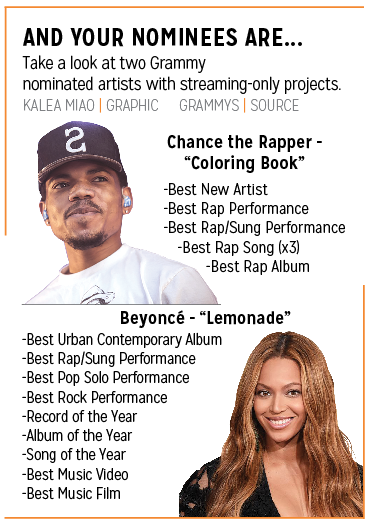
Burlace said he agrees and acknowledges that many artists choose to put their music on streaming-only outlets because money is not the important factor to them. The Recording Academy legitimized this idea with their updated qualifications that acknowledge the work of independent artists.
“If you’re a new independent artist, it’s going to be really hard without having some sort of handle on both streaming and social media,” Burlace said. “I think you need to have that kind of presence.”
“It harkens back to ‘art for the sake of art,’” Porter said.
Fagin said she agrees, and said the experience of being an independent artist is enough.
“Being an independent artist, supporting independent artists is important, even for big artists; they have to support the little guys,” Fagin said.
Your donation will support the student journalists of Carmel High School - IN. Your contribution will allow us to purchase equipment and cover our annual website hosting costs.


































![British royalty are American celebrities [opinion]](https://hilite.org/wp-content/uploads/2024/03/Screenshot-2024-03-24-1.44.57-PM.png)


















![Review: “Suits” is a perfect blend of legal drama and humor [MUSE]](https://hilite.org/wp-content/uploads/2024/04/unnamed-1.png)
![Chelsea Meng on her instagram-run bracelet shop [Biz Buzz]](https://hilite.org/wp-content/uploads/2024/04/IMG_2446-1200x838.jpg)
![Review: Quiet on Set: The Dark Side of Kids TV is the long awaited exposé of pedophilia within the children’s entertainment industry [MUSE]](https://hilite.org/wp-content/uploads/2024/04/unnamed.jpg)
![Review: “The Iron Claw” cannot get enough praise [MUSE]](https://hilite.org/wp-content/uploads/2024/04/unnamed.png)
![Review: “The Bear” sets an unbelievably high bar for future comedy shows [MUSE]](https://hilite.org/wp-content/uploads/2024/03/unnamed.png)
![Review in Print: Maripaz Villar brings a delightfully unique style to the world of WEBTOON [MUSE]](https://hilite.org/wp-content/uploads/2023/12/maripazcover-1200x960.jpg)
![Review: “The Sword of Kaigen” is a masterpiece [MUSE]](https://hilite.org/wp-content/uploads/2023/11/Screenshot-2023-11-26-201051.png)
![Review: Gateron Oil Kings, great linear switches, okay price [MUSE]](https://hilite.org/wp-content/uploads/2023/11/Screenshot-2023-11-26-200553.png)
![Review: “A Haunting in Venice” is a significant improvement from other Agatha Christie adaptations [MUSE]](https://hilite.org/wp-content/uploads/2023/11/e7ee2938a6d422669771bce6d8088521.jpg)
![Review: A Thanksgiving story from elementary school, still just as interesting [MUSE]](https://hilite.org/wp-content/uploads/2023/11/Screenshot-2023-11-26-195514-987x1200.png)
![Review: When I Fly Towards You, cute, uplifting youth drama [MUSE]](https://hilite.org/wp-content/uploads/2023/09/When-I-Fly-Towards-You-Chinese-drama.png)
![Postcards from Muse: Hawaii Travel Diary [MUSE]](https://hilite.org/wp-content/uploads/2023/09/My-project-1-1200x1200.jpg)
![Review: Ladybug & Cat Noir: The Movie, departure from original show [MUSE]](https://hilite.org/wp-content/uploads/2023/09/Ladybug__Cat_Noir_-_The_Movie_poster.jpg)
![Review in Print: Hidden Love is the cute, uplifting drama everyone needs [MUSE]](https://hilite.org/wp-content/uploads/2023/09/hiddenlovecover-e1693597208225-1030x1200.png)
![Review in Print: Heartstopper is the heartwarming queer romance we all need [MUSE]](https://hilite.org/wp-content/uploads/2023/08/museheartstoppercover-1200x654.png)






















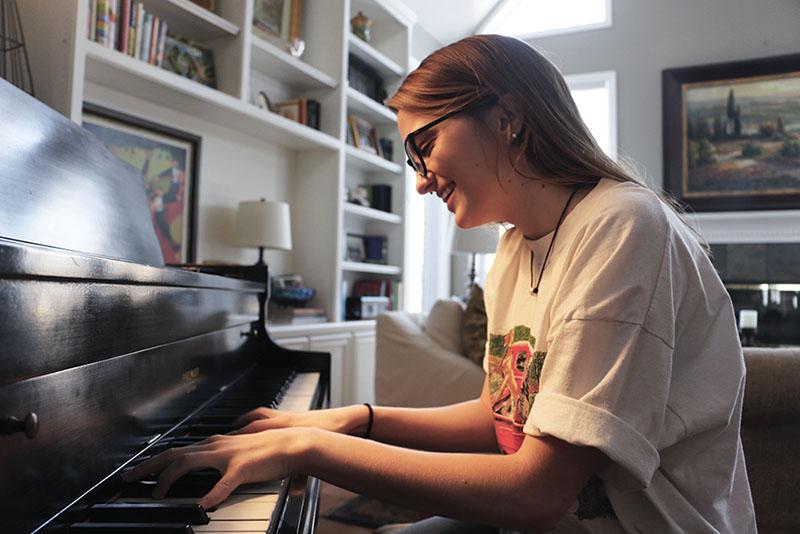
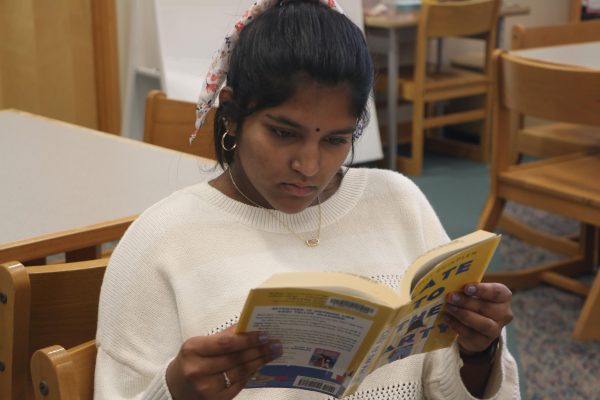
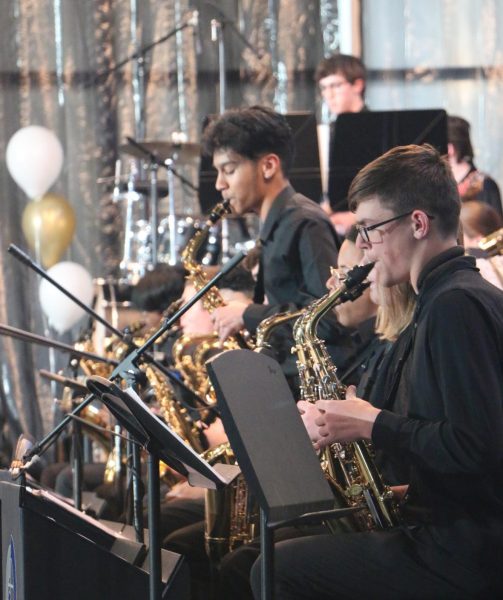
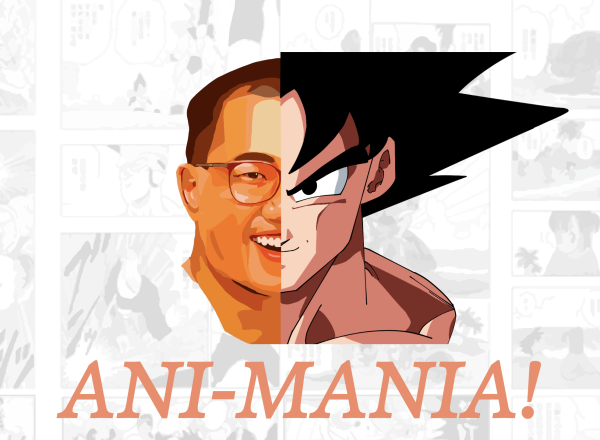

![British royalty are American celebrities [opinion]](https://hilite.org/wp-content/uploads/2024/03/Screenshot-2024-03-24-1.44.57-PM-600x543.png)
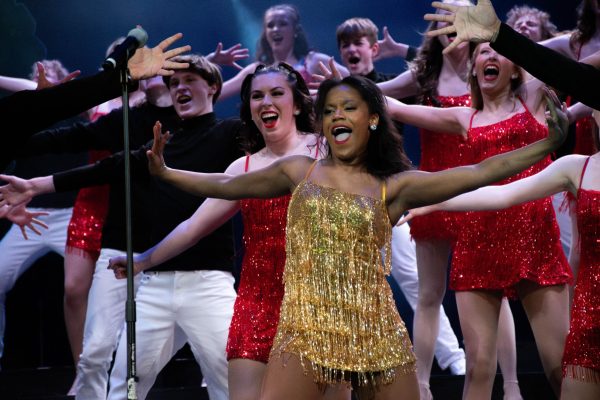
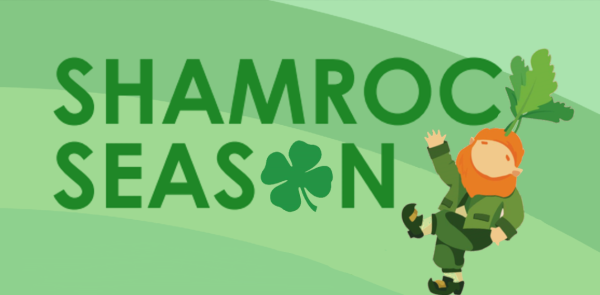
![The new “Kung Fu Panda 4” movie: a journey of growth, self-realization and adventure [opinion]](https://hilite.org/wp-content/uploads/2024/03/po-600x294.png)
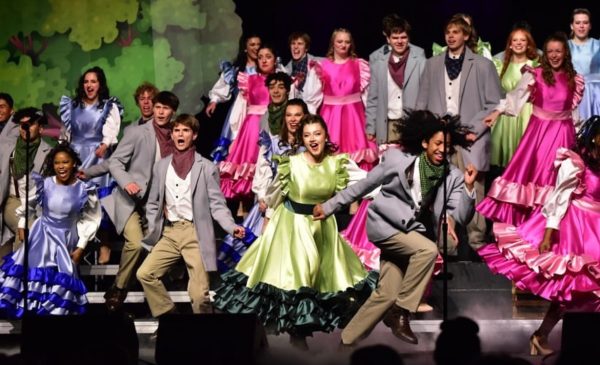
![Oscars season drama is inevitable with snubs (and not-snubs), but the drama is what makes it fun [opinion]](https://hilite.org/wp-content/uploads/2024/03/Screenshot-2024-03-10-2.11.32-PM-600x319.png)
Deepthi • Feb 12, 2017 at 1:27 pm
It would be cool if there is a video of her playing a piece of her work.